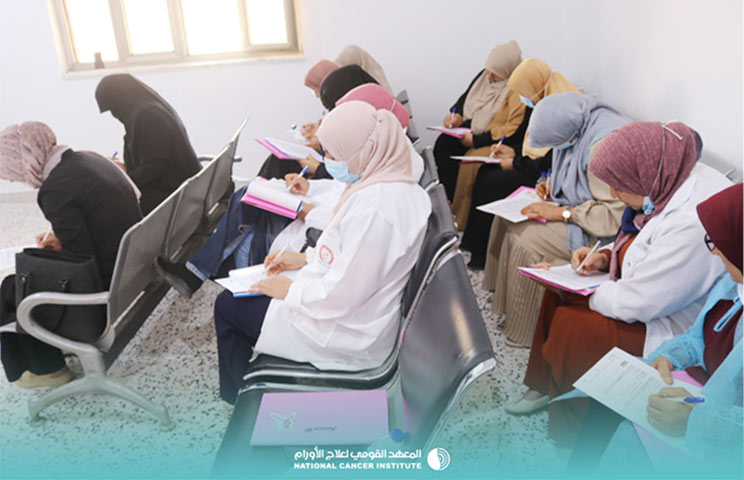Plus d'informations
22 Décembre 2020
Impact of human papillomavirus vaccination, Rwanda and Bhutan
Scientists from the International Agency for Research on Cancer (IARC) and partner institutions conducted a study to estimate the effectiveness of a vaccination programme against human papillomavirus (HPV) for girls aged 12–18 years that was implemented in 2010 in Bhutan and in 2011 in Rwanda, achieving coverage of about 90% of the target population. The study was published in the journal Emerging Infectious Diseases.
The researchers analysed data from two cross-sectional surveys – baseline surveys in 2013–2014 and repeat surveys in 2017 – conducted using the same protocol in both countries. HPV prevalence was assessed in urine samples to estimate age- and sexual behaviour-adjusted overall HPV vaccination effectiveness. The researchers found that the prevalence of vaccine-targeted HPV types decreased sharply between the two surveys; the prevalence of other alpha-9 HPV types also decreased significantly, suggesting cross-protection.
The results show the effectiveness of high-coverage national HPV vaccination programmes in lower-middle-income countries and are in line with estimates from repeat cervical cell-based surveys in Bhutan.
Baussano I, Sayinzoga F, Tshomo U, Tenet V, Vorsters A, Heideman DAM, et al.
Impact of human papillomavirus vaccination, Rwanda and Bhutan
Emerg Infect Dis, Published online 21 Dec 2020;
https://doi.org/10.3201/eid2701.191364
Other news

IARC at the International Congress on Occupational Health 2024
Researchers from the International Agency for Research on Cancer (IARC) will present during the 3...
26.04.2024
Read more

IARC Director addresses policy-makers and health workers in Brazil to mark 50 years of FOSP
Dr Elisabete Weiderpass, Director of the International Agency for Research on Cancer (IARC), will...
25.04.2024
Read more

Breast cancer early detection: training of master trainers in Libya
About 50 nurses and midwives from the main polyclinics in Misrata, Libya, have been trained on th...
25.04.2024
Read more